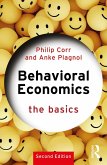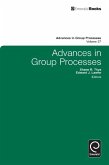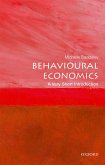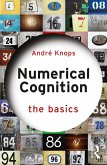The cognitive sciences, having emerged in the second half of the twentieth century, are recently experiencing a spectacular renewal which cannot leave unaffected any discipline that deals with human behavior. The primary motivation for our project has been to weigh up the impact that this ongoing revolution of the sciences of the mind is likely to have on social sciences in particular, on economics. The idea was to gather together a diverse group of social scientists to think about the following questions. Have the various new approaches to cognition provoked a crisis in economic science? Should we speak of a scientific revolution in economics occurring under the growing influence of the cognitive paradigm? Above all, can a more precise knowledge of the complex functioning of the human mind and brain advance in any way the understanding of economic decision-making? This volume brings together economists from various traditions such as Austrian economics, evolutionary economics, institutional economics, law and economics, neuro-economics and bio-economics. More specifically, it contains contributions by William N. Butos and Roger G. Koppl, Geoffrey M. Hodgson, Carine Krecke and Elisabeth Krecke, Janet T. Landa, Thomas J. McQuade, Steven G. Medema, Bart Nooteboom, Richard A. Posner, Salvatore Rizzello and Alfons Cortes. It examines the impact of cognitive science growth on the economics discipline. Contributors represent a wide variety of economic thought and tradition. It looks ahead to the future of economics.
Dieser Download kann aus rechtlichen Gründen nur mit Rechnungsadresse in A, B, BG, CY, CZ, D, DK, EW, E, FIN, F, GR, HR, H, IRL, I, LT, L, LR, M, NL, PL, P, R, S, SLO, SK ausgeliefert werden.









